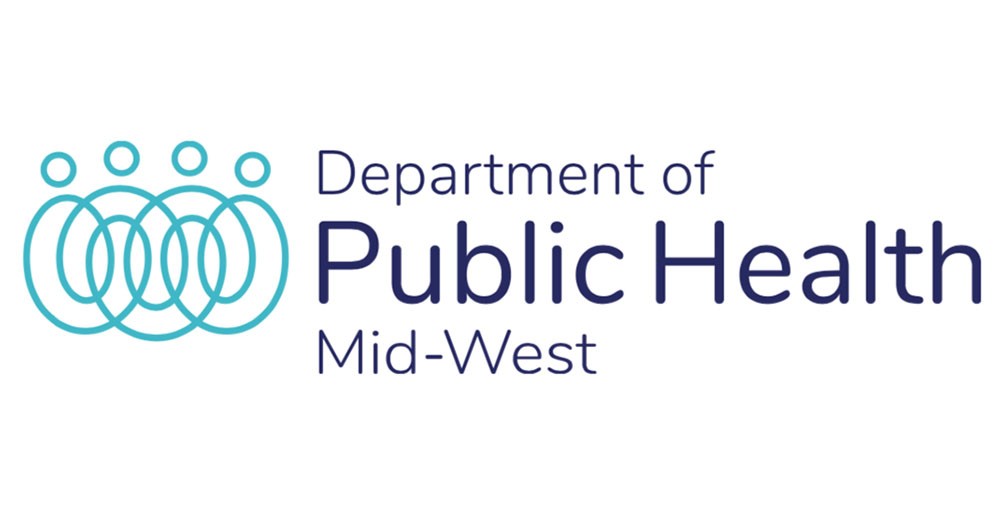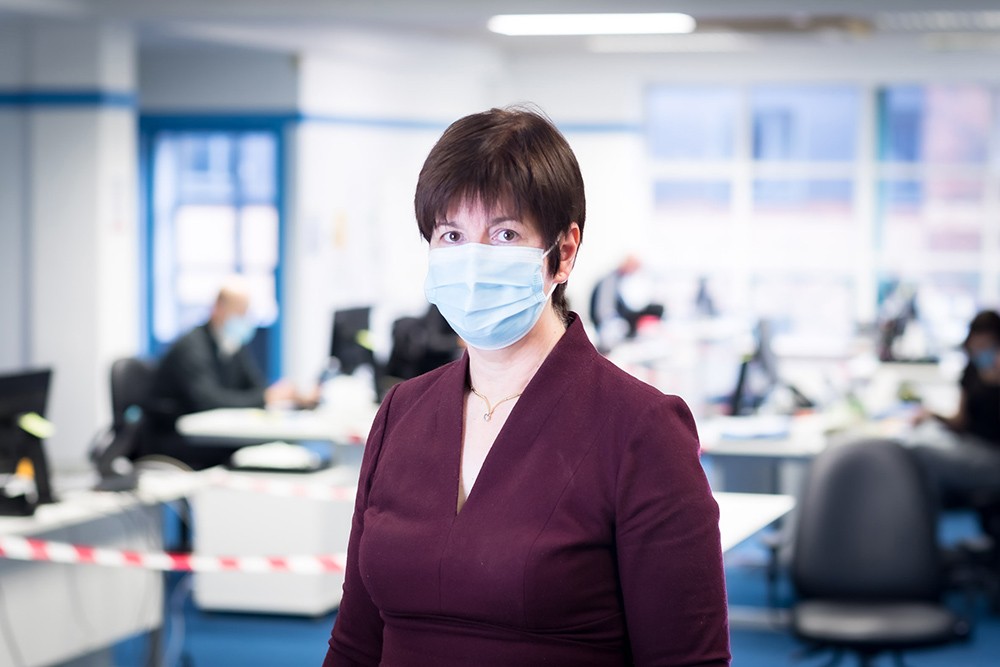
The Department of Public Health Mid-West is calling on people in Limerick, Clare and North Tipperary to help our frontline workers by staying at home and strictly following all public health guidelines under the current Level 5 restrictions.
As of January 10, there have been 12,572 COVID-19 cases recorded since the beginning of the pandemic in the Mid-West region. Between March 3 and December 18, 2020 – before the onset of the ‘third wave’ – there were 5,532 cases recorded across the region. Since then, an additional 7,040 cases were reported, and the vast majority of these were recorded in Limerick.
This is a clear indication of how rapid the spread of infection was in the lead up to Christmas, due to the consistent and multi-layered socialising by a proportion of the population before, during and after Christmas.
We noted numerous outbreaks and clusters in various social settings, including private households, among extended families, large house gatherings, the hospitality sector, and in workplaces. Our preliminary evidence indicates that cases identified in social settings and in the community in December have been contributing factors in a number of outbreaks in long-term care facilities and healthcare settings.

Dr Mai Mannix, Director of Public Health Mid-West, said: “We are now seeing the impact of this third wave in our community, as we focus our efforts on managing complex cases and outbreaks in nursing homes and residential care facilities across the region. Our focus right now is to break the chain of transmission so we can limit the spread among our most vulnerable population, and to prevent further loss of life in the coming weeks.
“The next few weeks will be our greatest test since the start of the pandemic, and we are now dependant on the people of Limerick, Clare, and North Tipperary to stay at home, limit your social contacts, and help us stop COVID’s spread in the community, to allow our frontline workers look after COVID and non-COVID patients,” Dr Mannix said.
Public Health Mid-West is also managing a number of new outbreaks in workplaces. While the vast majority of workplaces are adhering to strict guidelines, particularly in relation to engagement with the public, some workplaces are dropping the guard when it comes to staff contact.
For example, we have seen some instances where staff are not wearing masks or are in close contact in break rooms. These practices should no longer happen, as they can and will lead to workplace outbreaks.
